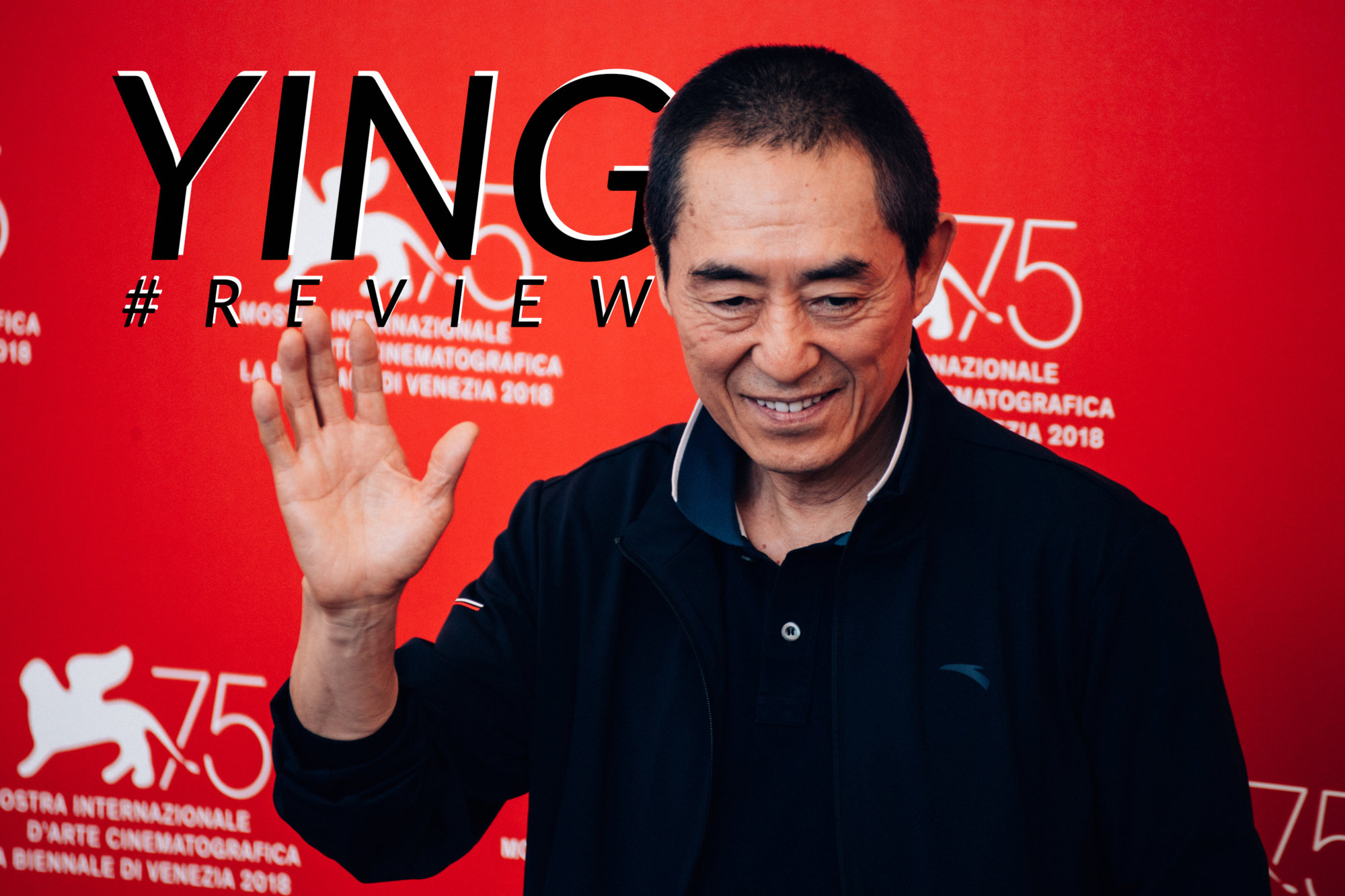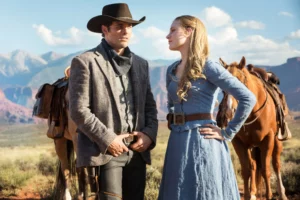On the occasion of the “Jaeger-LeCoultre Glory to the Filmmaker 2018 Award,” awarded to the great Chinese director Zhang Yimou, his last film was also presented.
As a work out of competition, here is our review of “Ying (Shadow).”
Title
“Ying (Shadow)”
Behind and in Front of the Camera
Already one of the protagonists of the Venice Film Festival in the ’90s with three films of his most intimate and “didactic” side, Zhang Yimou presents his “Ying (Shadow),” returning to the genre that has made the wuxia famous all over the world. Comparable to the Western swashbuckling genre, wuxia is a literary and cinematic genre that features ancient warriors and long wars between clans. Zhang Yimou had conquered the public with masterpieces such as “Hero” or “House of Flying Daggers,” demonstrating his attention to detail through scenes, that are comparable to real paintings, colors and great stories both romantic and tragic.
With “Ying (Shadow)” he creates an intense wuxia, with a complex plot and characters, but whose real strength lies in the colors and the construction of the image. If “House of Flying Daggers” is also remembered for the exceptional use of bright colors, so contrasting that they almost seem to pierce the screen, in “Ying (Shadow)” there is a continuous game in grayscale, with such an important use of black and white that they can be considered real characters. The choice has a double meaning: on one hand, it winks to the Chinese tradition of ink painting, on the other it grants a game of light and shadow both on the visual and dramaturgical aspect, also reconnecting to the obvious concept of yin and yang.
The use of materials stays in line with the concept of the director and the setting of the scene, always divided between these two color poles that make “Ying (Shadow)” visually exceptional, stating once again why Zhang Yimou is considered one of the best directors of his generation.
In the cast, we find Chao Deng with a double interpretation and twice good, Li Sun, Ryan Zheng, Qianyuan Wang, Jingchun Wang, Jun Hu, Xiaotong Guan and Lei Wu.
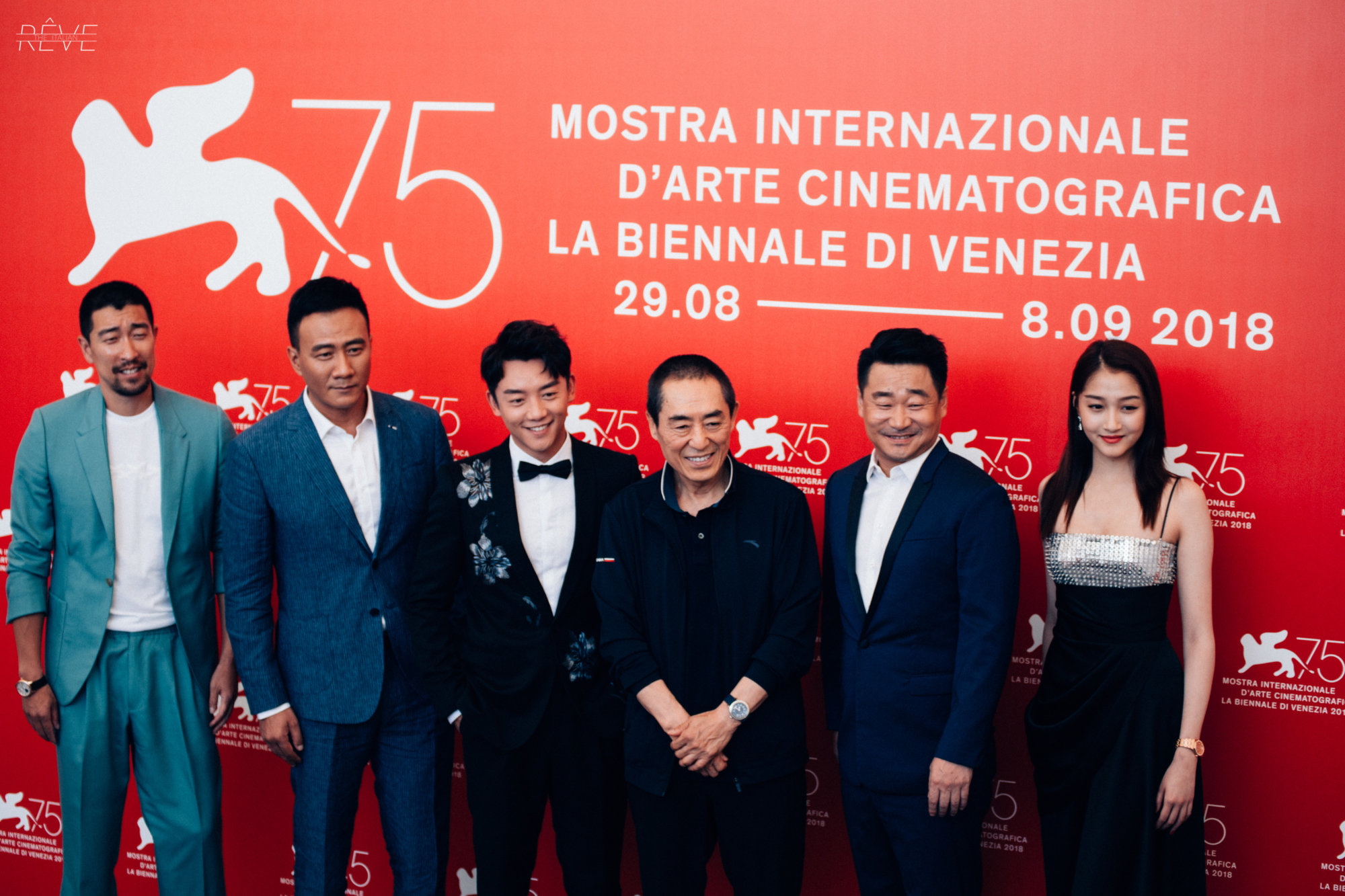
Who’s Got the Typewriter
Together with Wei Li, Zhang Yimou writes a deep wuxia, which takes the light and dark sides of the characters, love, and power, with brief but epic dialogues as we have come to expect of him.
Very beautiful are also the musical scenes, in which the dichotomy of the film, not only chromatic, is deliberately blended into a single harmony of love.
What to Know (ABSOLUTELY NO SPOILERS)
“Ying (Shadow)” starts from the idea of telling about the figure of the substitutes of influential people, who live as doubles of the most important personalities in China and who took their place in public to prevent assassinations.
Set in China during the era of the Three Kingdoms (220-280 BC), the film tells of an exiled king who tries to regain his land, pushed forward by his commander and the latter’s double, Jing (Chao Deng), who look so similar that even the Commander’s wife struggles to distinguish them.
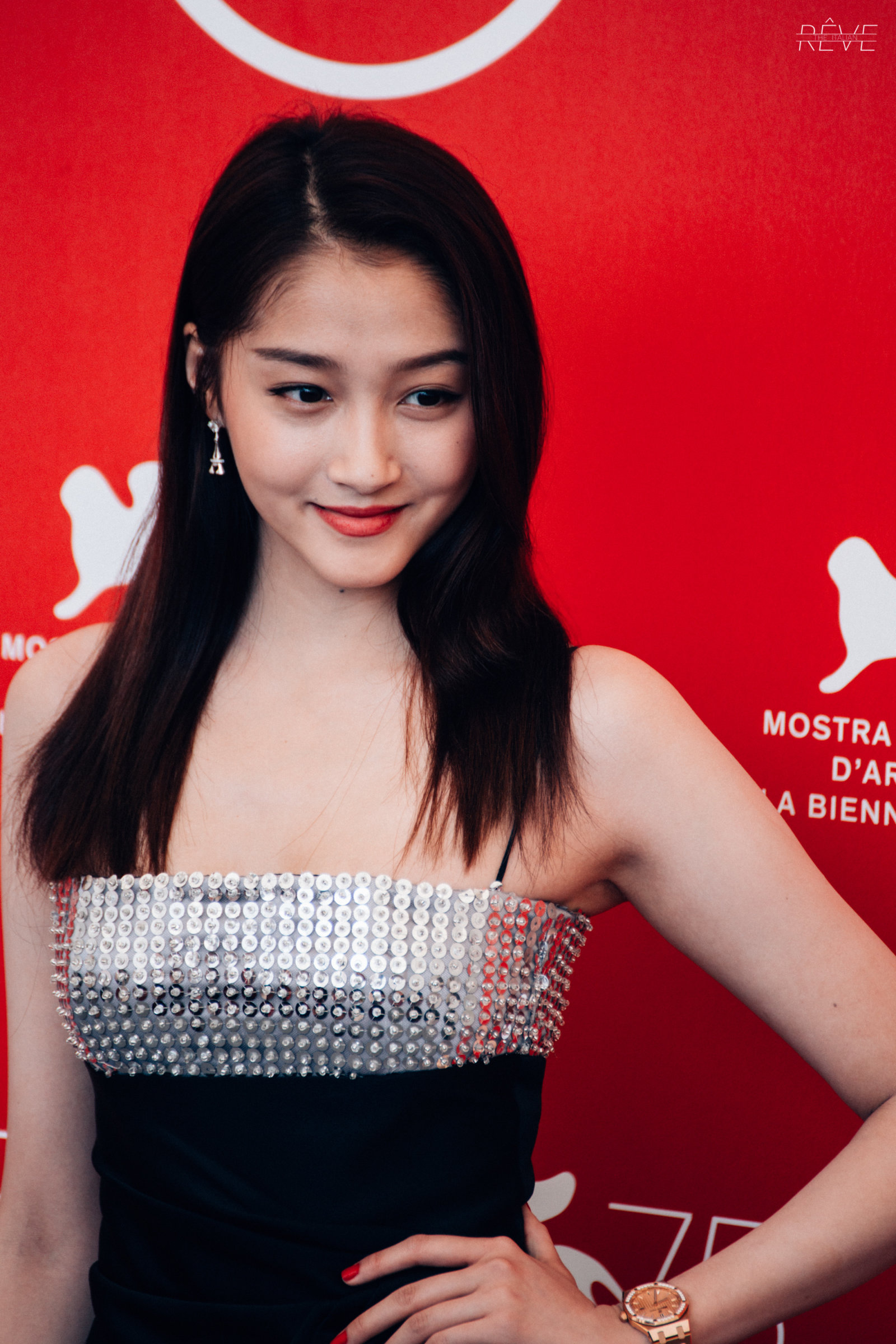
What They Say
Zhang Yimou: “Chinese traditional culture, which has 5,000 years of history, has always been very important in my cinematography: it is an influence and a source of inspiration and creation.”
“As many people know, in my previous films there have always been some powerful images concerning color, also becoming almost iconic. But I have always liked the expressiveness that you see in “Ying (Shadow),” which recalls the traditional Chinese design, the one with the china. For so many years I would have liked to make this kind of film, and it’s not an easy direction. The greatest difficulty is to get that kind of effect because, despite the progress, we have made with computers and everything, regarding costumes, makeup and set designs there needs to be a materiality as if the actors are moving into a painting.”
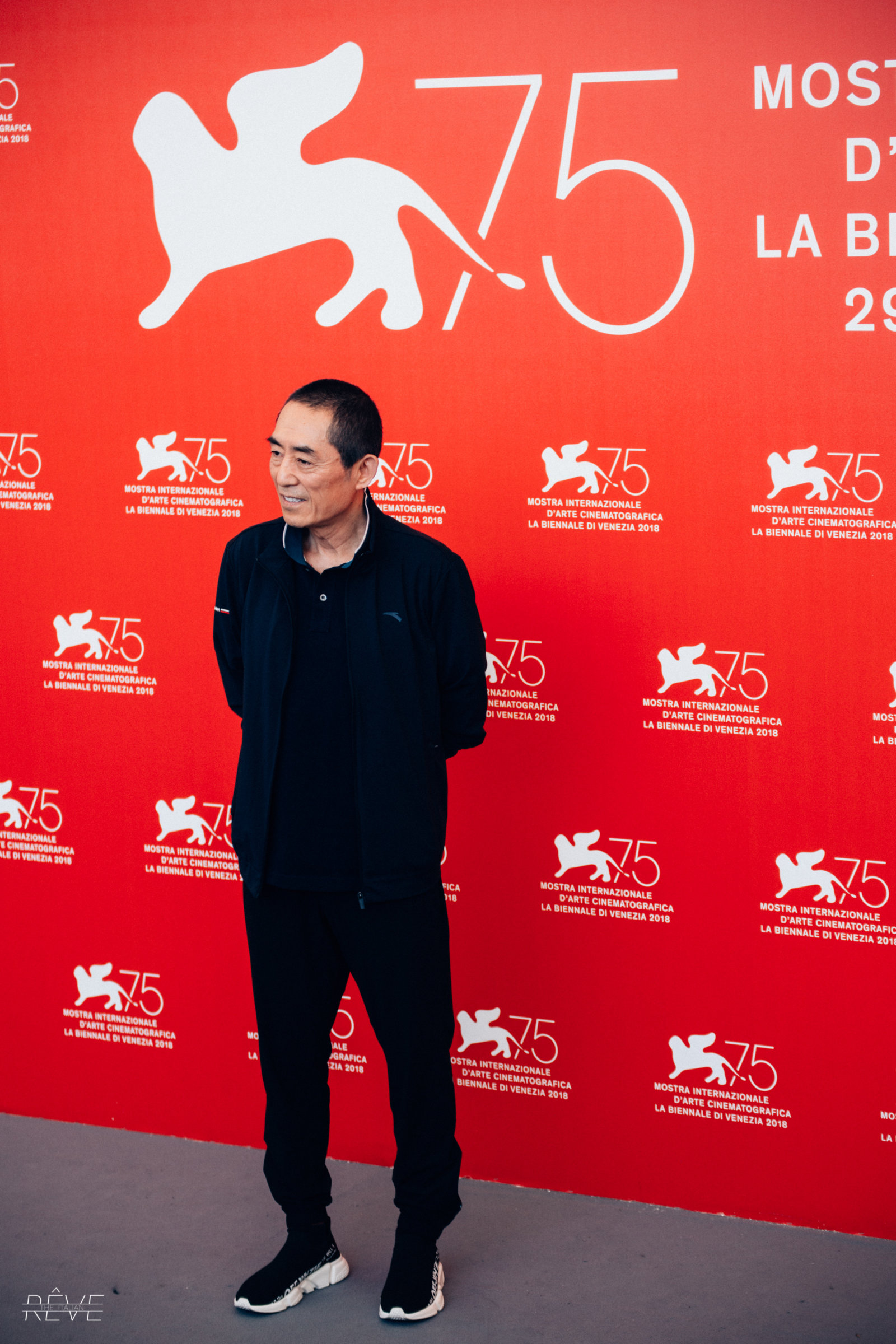
What You’ll Need
To those who already love Zhang Yimou’s wuxia, with all its exaggerations, “Ying (Shadow)” will only give great satisfaction, although its mature style it could open up this movie to an even wider audience.
It is preferable to see it in the original language, in order not to lose the typical melody of spoken Chinese, which gives a rhythm and a depth that no other language would be able to express.
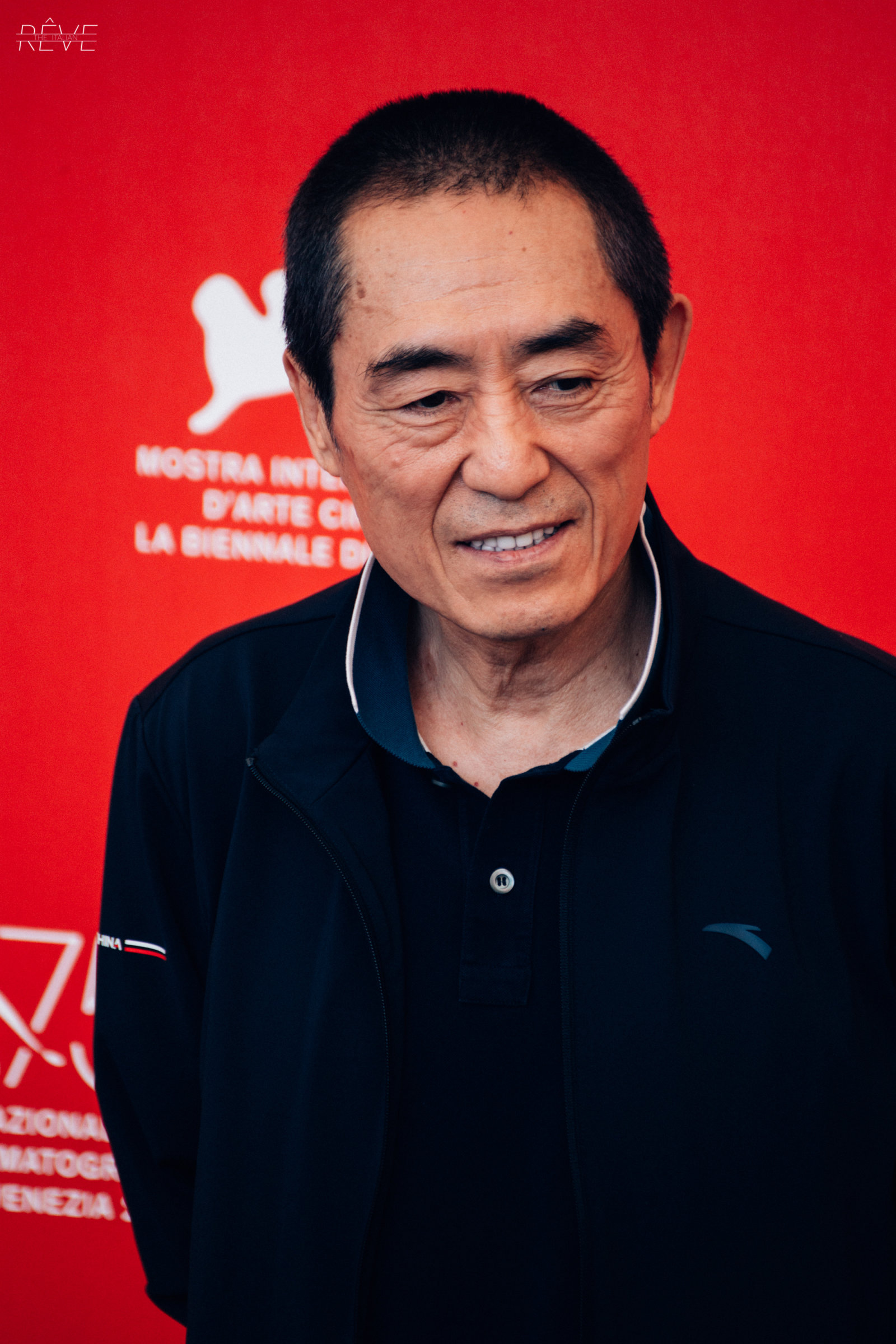
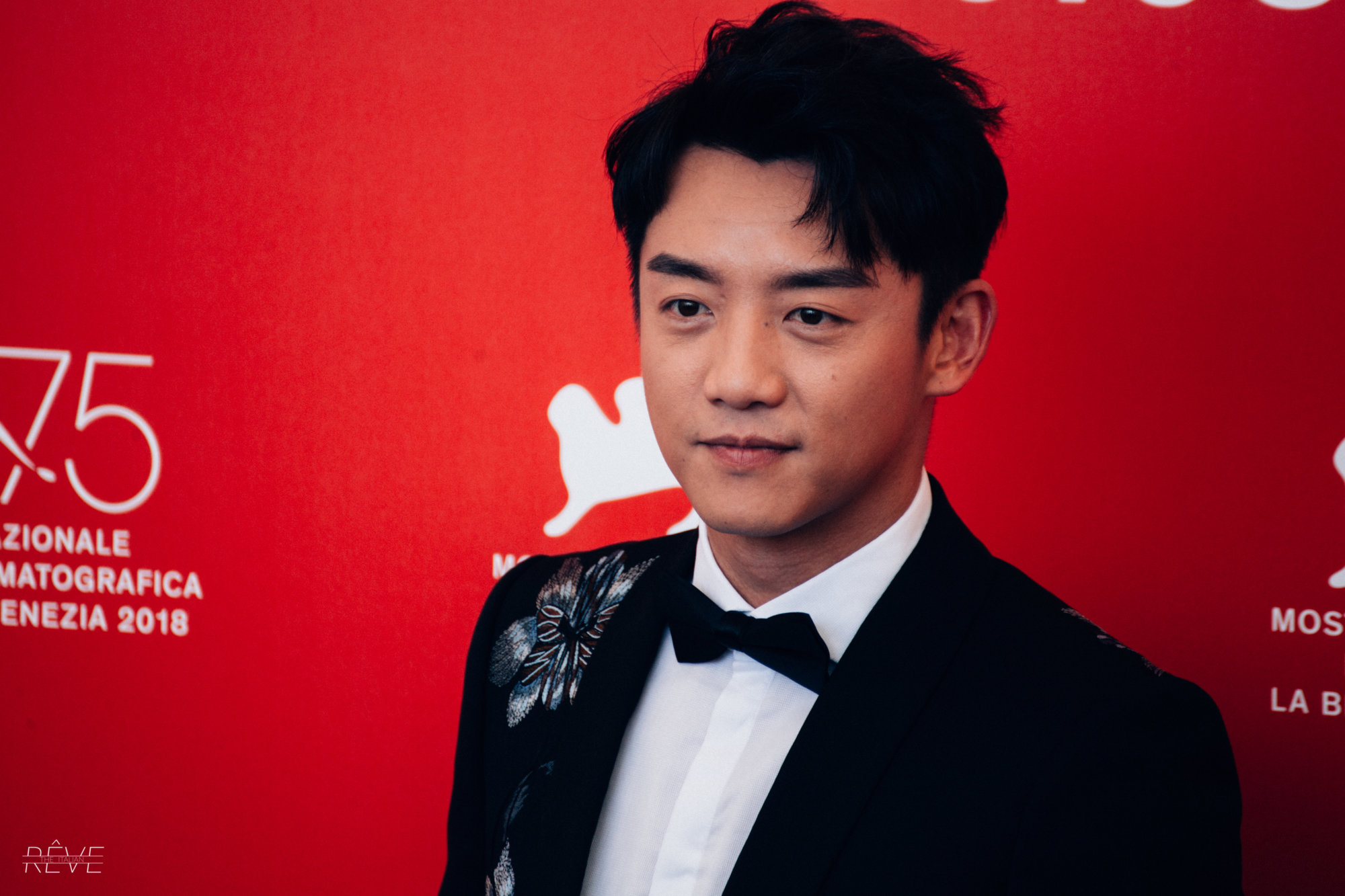
One Last Thing…
Another characteristic element of Zhang Yimou’s wuxia is its incredible genius in creating weapons and sets, both war and civil. As in “Hero,” where the incredible “foot archers” opened the film, in “Ying (Shadow)” we find weapons just as brilliant and lethal but, above all, always visually stunning.
Out of 5 Lions (Venice Edition)


